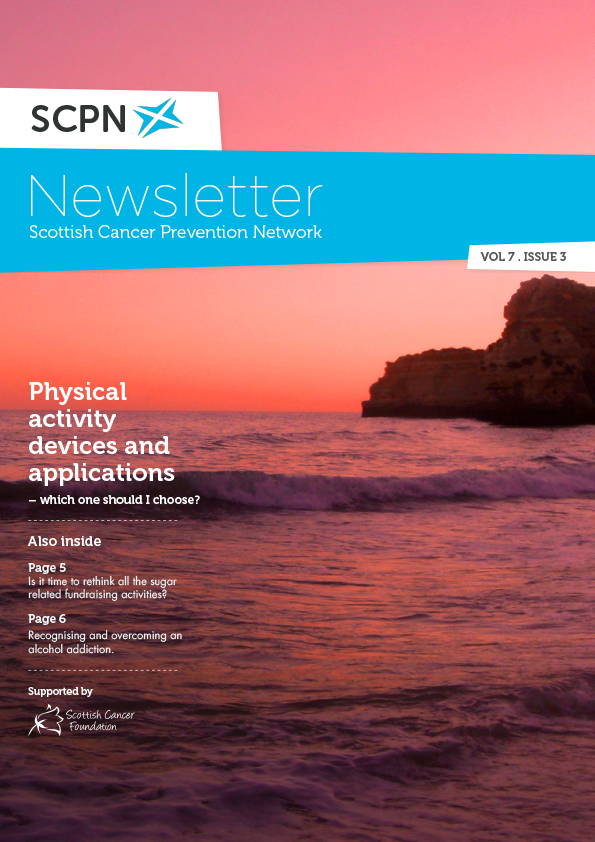
Making It Easy In Tayside

27 Jul 16 |
Dr Phyllis Easton, Health Intelligence Manager and Demonstration Programme lead, Making it Easy
Survey statistics show that 23% of the Scottish population are likely to struggle with written information and a further 32% may be challenged by information that is complex or contains unfamiliar language. Health literacy is associated with, but not the same as, functional literacy and includes the confidence, knowledge and skills to access health services and take care of our health. So people with low literacy are likely to have low health literacy but in such a complex and specialist environment, most people can have difficulty at times. A diagnosis of cancer can transport someone to an unfamiliar environment with a new language and a need for appropriate information and support to help them make often complex decisions, at a time when shock or worry may have affected their cognitive processes.
Research has shown that people with low functional or health literacy may not want to admit that they are struggling to process and understand the health related information and instructions they are given. This, added to a lack of awareness among healthcare and other staff, can lead to a hidden problem that is then not addressed.
Making it Easy is the Scottish Government’s action plan which recommended the development of a Demonstration Programme, subsequently awarded to NHS Tayside, to test ways of improving people’s health literacy at transitions of care, such as on discharge from hospital or when accessing outpatient appointments. Programme activities also include awareness raising and training for healthcare staff.
For further information on health literacy and how it can be addressed, you can access the Scottish Government‘s website or contact the Demonstration Programme lead: Dr Phyllis Easton, Health Intelligence Manager phyllis.easton@nhs.net.
This article was originally published in The SCPN Newsletter Volume 7, Issue 3. Read the newsletter below using Issuu, or feel free to download the PDF…
View the PDF
The SCPN Newsletter: Volume 7, Issue 3
In our penultimate issue of 2016, an overview of physical activity devices and apps (which one should you choose?), rethinking sugar-related fundraising activities and recognising and overcoming an alcohol addiction, as well as the usual breakdown of cancer prevention research and news from the Scottish Cancer Prevention Network.